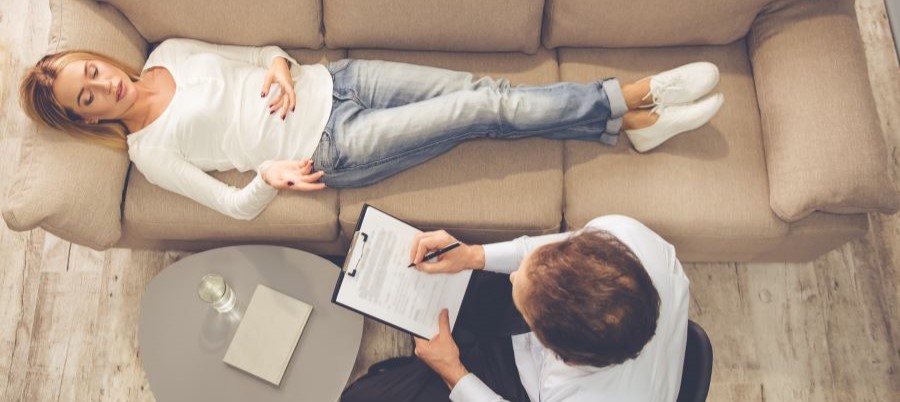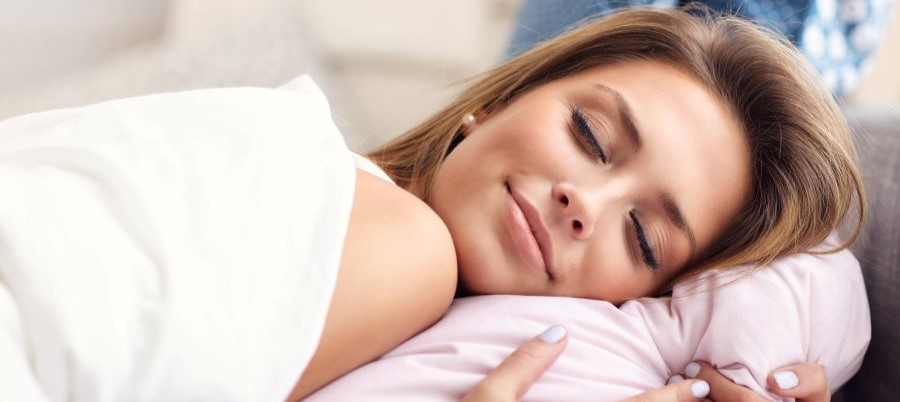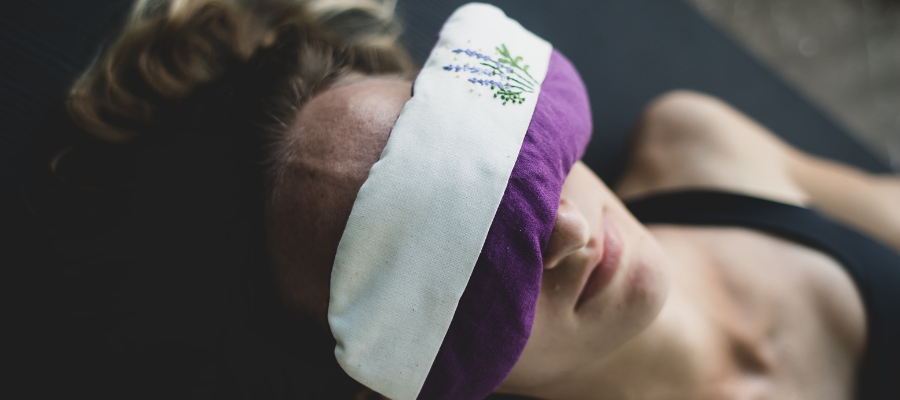Sleep to Reduce Anxiety: The Natural Treatment
We all experience anxiety at some point in our lives and for varying lengths of time. In this post, we'll talk about how we can use natural remedies like sleep, relaxation exercises, and mindfulness to reduce anxiety in our everyday.
How sleep helps combat anxiety
It’s well established that insomnia and anxiety have a mutual relationship. When you don’t get enough sleep, you are more at risk for developing depression and anxiety. Likewise, it has been shown that anxiety amplifies the impact of sleep loss on aversive brain anticipation (overreacting to perceived threats). For these reasons, it’s crucial to get enough rest, even though this can be difficult as stress and anxiety often result in insomnia.
What you can do about anxiety and lack of sleep
If you’re someone who struggles with sleeping because of your busy schedule or if stress keeps you up at night, there are several ways to bring down the anxiety.
Lifestyle changes
First and foremost, you can beat insomnia often associated with anxiety by making simple yet powerful lifestyle changes. These might include exercising regularly, eating healthier, drinking plenty of water, and getting enough sunlight during the day. It’s also important to maintain a steady sleep schedule (waking up and going to bed at the same time every day – even on the weekend). Moreover, you can promote healthy sleep by avoiding stimulants like caffeine in the evening and abstaining from alcohol and tobacco.
Although changes might take some time to see results, it’s important to set a healthy routine from the get-go so you can treat anxiety naturally rather than relying on sleeping pills which can create dependency issues.

Cognitive behavioral therapy (CBT)
Cognitive Behavioral Therapy is often employed as a treatment for anxiety – with remarkable success. CBT is essentially talking therapy that seeks to locate negative thought patterns. These are then progressively changed through dialogue with a trained therapist.
Mindfulness
Mindfulness is a promising natural treatment for depression and anxiety. Another closely related natural treatment for anxiety is breathing exercises. The great thing about mindfulness is that it’s very easy to get started and doesn’t require a lot of time. As little as 12 minutes a day is said to be enough to produce a positive effect.
Relaxation Exercises & Mindfulness Techniques

Here are a few suggestions for mindfulness techniques you might try to ease anxiety and promote healthy sleep:
Deep breathing
This is a simple breathing exercise to relax the mind and body. It consists of simply taking three deep breaths with a few seconds in between each breath.
– Breath in deep through the nose and exhale using your mouth, as if making a sigh. This will naturally release tension and bring feelings of comfort and safety. Try this when you’re feeling stressed or overwhelmed throughout the day.
Progressive muscle relaxation
Another exercise is called progressive muscle relaxation. This trains you to relax every major group of muscles one after the other.
– Sit or lie in a comfortable place where you won’t be disturbed and close your eyes. Take some deep breaths before starting this exercise.
– Starting with your feet, tighten them for five seconds then relax completely until all muscles are limp. Repeat this technique throughout every major muscle group in your body.
Body scan technique
Similar to progressive muscle relaxation, this exercise lets you go over all the major muscle group one by one, starting from the feet and up. However, rather than flexing and relaxing the muscles, simply let your attention wander along your body, taking note of any pain or tension.

Summary
Sleep deprivation may lead to anxiety and anxiety may lead to insomnia. Making an effort to maintain healthy, regular sleep has been shown by science to be an effective measure to reduce anxiety.
Falling asleep with stress and anxiety can be difficult but can be made easier by maintaining good sleep hygiene. This might include lifestyle changes such as exercise, healthy diet and regular bed times.
Mindfulness techniques like deep breathing and progressive muscle relaxation can be used to treat anxiety naturally. Cognitive Behavioral Therapy is another viable alternative to sleeping pills.


